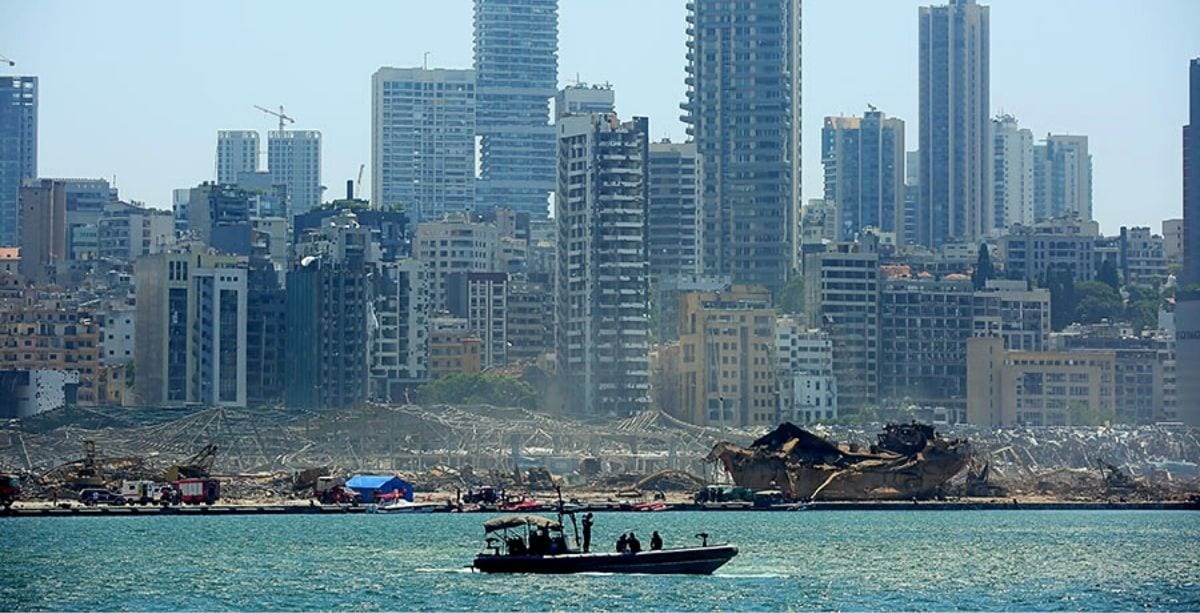The Chairman General Manager at the Housing Bank, Antoine Habib, said in a statement that housing loans will be applied for electronically through an application by June 20th.
Habib explained that the Bank relies mainly on the Arabic Fund for Social and Economic Development (AFESD), which is a Kuwait-based pan-Arab development finance institution.
The Board of Directors of the Arab Fund and the Lebanese parliament have previously approved the loan before the eruption of the protests on October 17th, 2019. Thus Habib hopes for the implementation to be translated soon.
“The purpose of the Housing Bank is to help those with low and medium incomes, provided that the minimum wage is LBP 6 million and the maximum wage is LBP 20 million, that is, the family’s income according to each working individual, accompanied by proof of their monthly wages,” Habib explained.
The applicants must:
- provide a list of their regular incomes over 3 years,
- be a Lebanese national for more than 10 years, and
- have a squeaky clean criminal record.
Regarding the loan, Habib specified that it amounts to LBP 1 billion, and is to be repaid over 30 years at an interest rate of 4.99%. The dwelling area should not exceed 120 meters and be in remote areas and villages, not in Beirut and its suburbs. An advance payment equal to 20% of the house’s value should be initially supplied.
“The restoration loan amounts to LBP 400 million with an interest rate of 4.99%, to be repaid over a period of 10 years, provided that the value of the bond is one-third of the family’s income, that is, if the family’s income is LBP 6 million, the monthly payment will be 2 million and so on,” explained Habib.
In a concluding statement, Habib said, “We are trying by all means to stop emigration and the exodus from the countryside, and we hope that the Lebanese expatriates will reconsider buying a house or renovating their homes in their villages”.

















